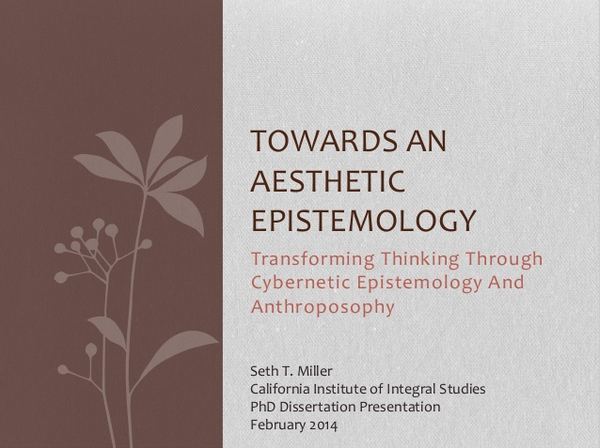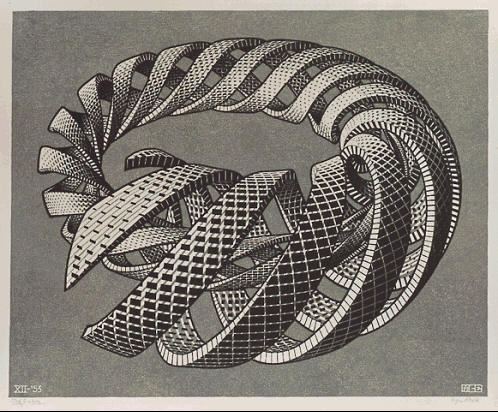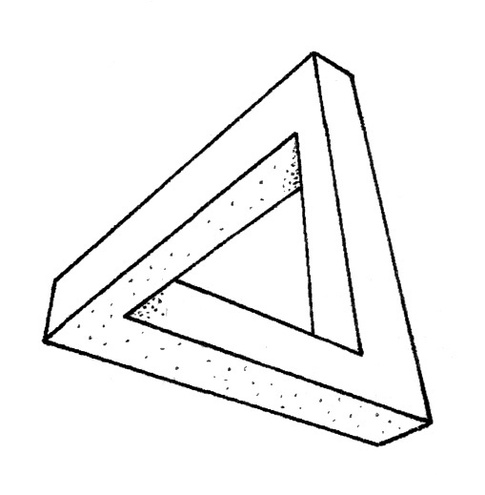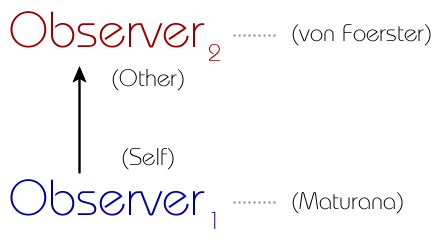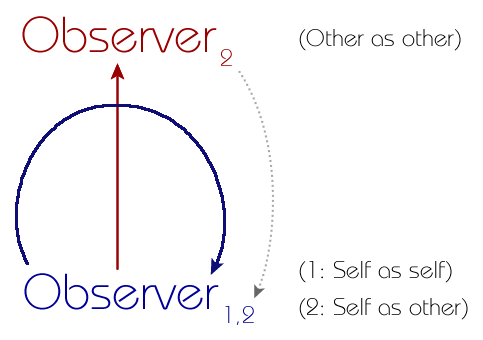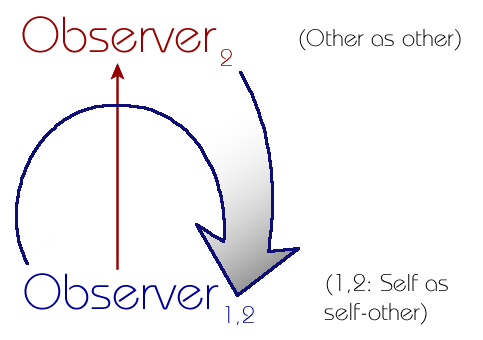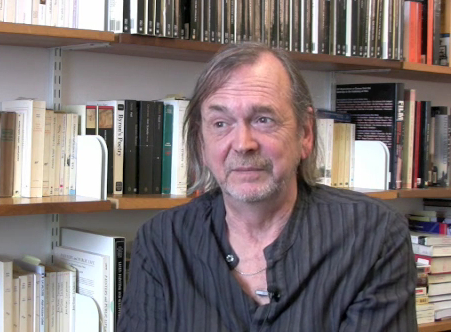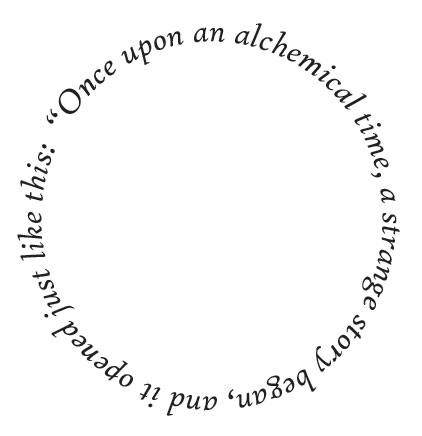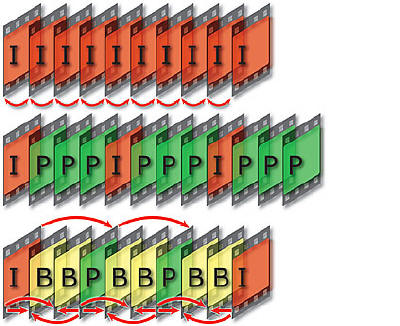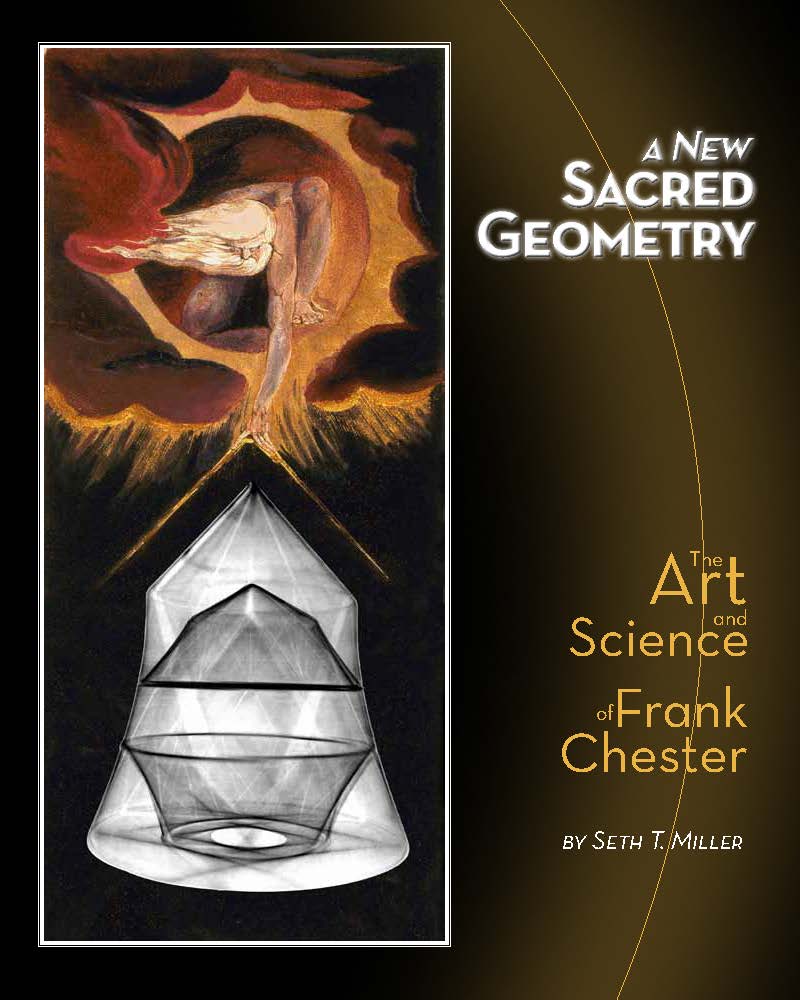Feb
13
2014
In February 2014 I successfully defended my PhD dissertation, titled "Toward an Aesthetic Epistemology: Transforming Thinking through Cybernetic Epistemology and Anthroposophy."
The following is the abstract and a slideshow presentation that pulls out the crux of my arguments.
Abstract
The complexity, subtlety, interlinking, and scale of many problems faced individually and collectively in today’s rapidly changing world...
Aug
06
2013
Let’s get right to it, shall we?
With respect to ontology, let us say that there is no “it,” no independent reality that is exclusive of the observer. This is a basic insight from second-order cybernetics: the observer must always be included in the observed. Despite this, of course, we do have much talk and...
Jun
24
2012
Gregory Bateson (1991) famously said that we “cannot claim to have no epistemology. Those who so claim have nothing but a bad epistemology” (p. 178). Bateson is calling for self-reflection in our epistemology. He wants it to be recursive, so that in our production of knowledge we do not delude ourselves into thinking that...
Apr
15
2012
All epistemologies are observer-dependent; i.e. there is no single epistemology that applies to all possible observers, because every observer is unique in some way. The necessary inclusion of the observer in any description of the world is a deeply obvious and yet profound principle. It was neatly expressed in Heinz von Foerster’s article Cybernetics...
Oct
29
2011
http://vimeo.com/10929373
This is a great interview with Professor Andrew Pickering, University of Exeter, author of The Cybernetic Brain: Sketches of Another Future.
It gives a nice introduction to some key aspects of cybernetics. He doesn't make much of a distinction between first and second-order cybernetics, but it is a great presentation. Some highlights (in note form,...
Apr
18
2011
Every moment of transformation enacts an epistemology. Part of what it means to be human is to have the potential to awaken to this fact, and more: to recognize that the recognition of the inescapable relation between action and epistemology leads to the unfolding of a life-long quest and question: how do I know?...
Feb
02
2010
I was asked to draw my dissertation (which is in its beginning stages).
Here's what happened:
Oct
30
2009
A fellow student pointed out recently to me that compression algorithms are an excellent way to see feedback at work, and used the example of mpeg2 video compression. Here we have a system that utilizes multiple levels of abstraction and feedback in order to efficiently compress video data.
I will give you a picture or...
Oct
26
2009
First-order Solution:
The problem and the solution share an epistemological context, each helping drive the other.
Second 'phase' (to the right): In this context 'more of the solution' creates 'more of the problem' through a symmetrical relationship. The SAME problem is produced by the SAME solution. No real transformation is forthcoming from within the system, because...
Oct
23
2009
Ok I've been thinking about feedback.
One thing that struck me as interesting was that feedback, as a concept, seems to assume two things (and probably more): 1) step-wise time (and thus some kind of "state" in which a system can be identified, and thus 2) some kind of 'levels' within and between systems, in...


